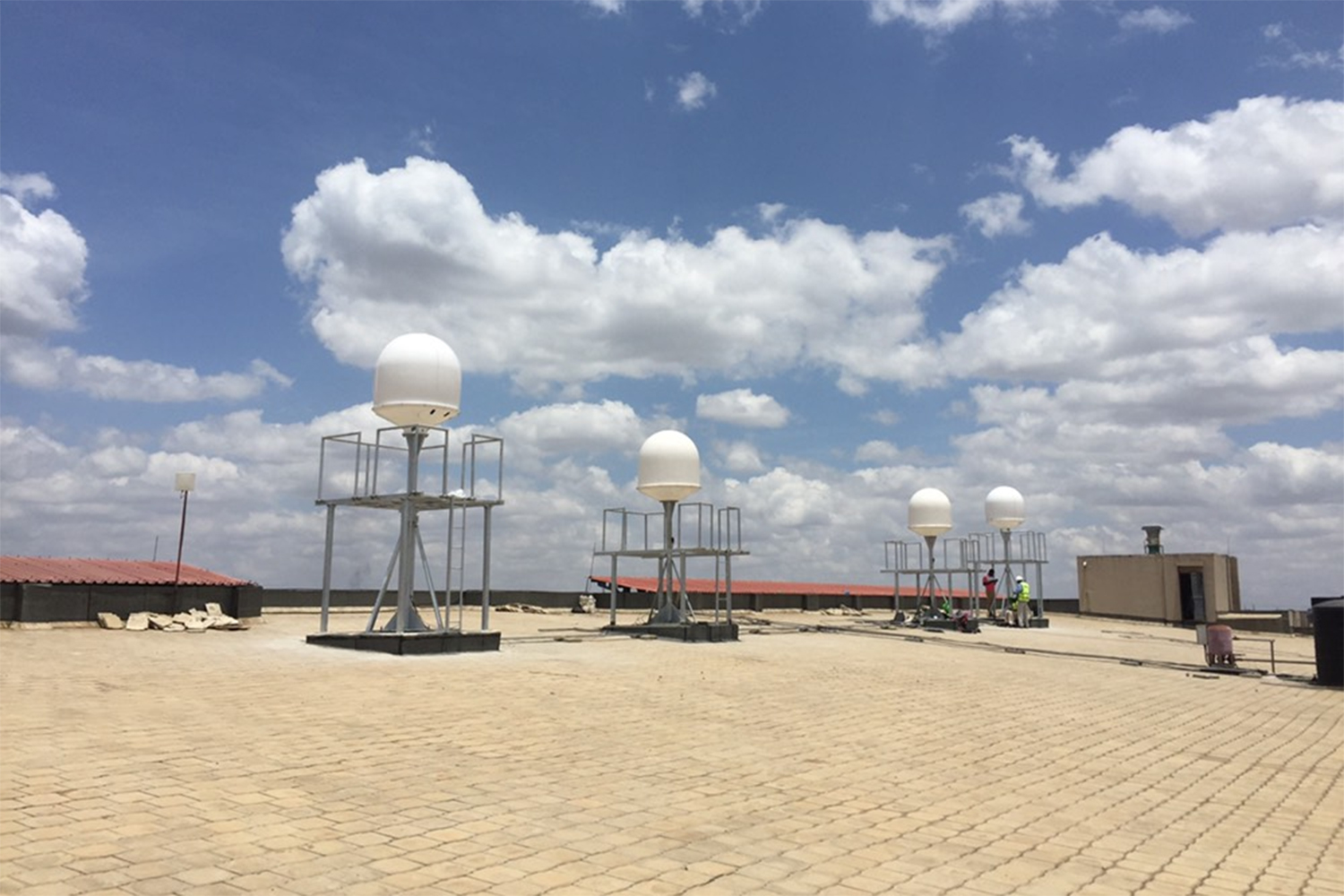
It may be hard to imagine a modern day without the internet, but billions of people around the world still lack connectivity. Sure, the internet has its dregs, trolls and garbage content strewn across the web, but it also offers access to more information than all the world’s libraries.
In order to bring the internet to those who lack it, many of whom live in remote or rural areas where cell towers are uneconomical, a company called Loon is launching balloons into the stratosphere. Owned by Google’s parent company, Alphabet, Loon’s balloons act like beacons. Connectivity is transmitted from the ground to the balloons about 12.5 miles overhead. That signal is then shared among a team of balloons and then beamed back down over a large area.
“It’s easiest to think of them as floating cellphone towers,” a Loon spokesperson told Digital Trends. “Loon works with mobile network operators to extend their networks to unconnected or under-connected communities.”
Loon uses customized launchers to send their balloons into the sky. The balloons then travel up into the stratosphere, where they ride wind currents to get into position. If connectivity is needed in a particular region, the balloons can even navigate on wind currents.
“As an example, during a test in 2016 we rode wind currents from our launch site in Puerto Rico to a testing site in Peru,” the spokesperson said. “Then we remained in the Peruvian airspace for 98 days. To accomplish that, the system made roughly 20,000 altitude adjustments.”
Loon’s latest project will see the balloons take to the sky over Kenya sometime in 2019. Working with Telkom Kenya, the project’s aim is to provide service to people living in rural and mountainous regions, far from cell towers. The mobile networks that partner with Loon will ultimately determine the price of the service.
By providing people with internet, Loon hopes to empower them to build businesses, improve their healthcare, and even increase crop yield. Of course, while access to the internet brings a wealth of knowledge, it also carries risks of misinformation. It’s one thing to give a person the internet. It’s another thing to teach them how to use it.
Editors' Recommendations
- Google Fiber is bringing high-speed internet to five new states
- Google’s Pixel 6a could be coming far sooner than expected
- Google’s Pixel 6 Pro’s specs come into focus after comprehensive leak
- A zero-day Google Chrome security flaw requires you to update now
- SpaceX Starlink internet could be coming to an airline near you


